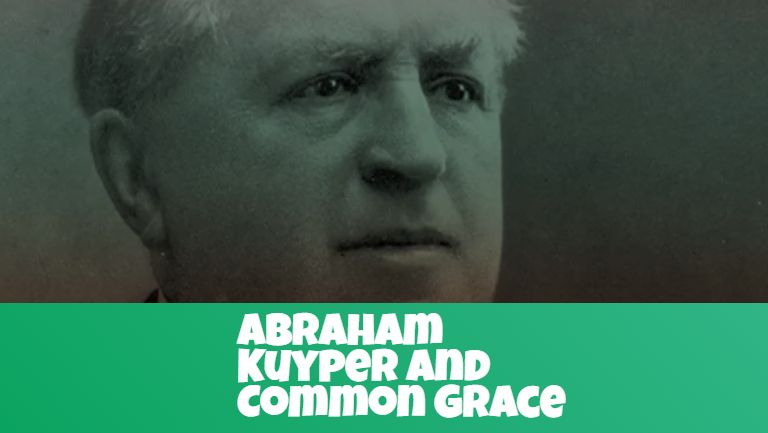During the COVID era, I had the opportunity to deliver a few talks via zoom to men’s groups around the country on the legacy of Abraham Kuyper. One of the prevailing themes of these talks was a hearty focus on Kuyper’s doctrine of common grace.
Kuyper made a distinction between special grace and common grace. “Special grace” had to do with church life (ecclesiastical matters) and “common grace” focused on things pertaining to culture and society. Kuyper believed that post-reformational theology focused almost exclusively on “special grace.” The basic features of their controversies dealt with the sacraments, church architecture, church polity, and issues regarding the clergy. Now, to be clear, the Reformers did deal with issues outside the church, but because they were fighting and continued to fight church/liturgical abuses in the 16th century, those topics carried the day.
When Kuyper comes on the scene in the 19th century, he’s living in a day of cultural confusion. He doesn’t think the church is preparing men and women to do their jobs well in the culture. Thus, Kuyper develops this robust view of grace that focuses on the Christian’s contributions to society as image-bearers. If you are a painter, how do your painting skills reflect God’s grace? If you are a politician, how are you applying your Christian faith to particular agendas? You may say it was the outworking of the cobbler’s paradigm in Luther’s reformation.
Kuyper wanted to see how the Christian faith would be applied to public theology. Dutch scholars at the time thought the doctrine of common grace was absolutely ridiculous and considered worldly by many. He even argued that unbelievers contributed certain graces to society that Christians should enjoy, take and transform (Matt. 5:45; Luke 6:35).
The entire endeavor opened a new vista to public theologians seeking to incorporate biblical thought into society. If God has bestowed upon mankind good gifts, then mankind is indebted to the Creator God. There is mutuality, an exchange of blessings between God and man. God grants and men return thanks with offerings. Even unbelievers participate in such gift-giving despite their unbelief. They may assert that they are not offering such blessings, but their inventions and their opinations on the plague of transgenderism (thanks Bill Maher!) offer the church greater confidence in her labors.
Common grace does not act contrary to special grace; common grace validates special grace. It strengthens societally what is already true ecclesiastically.













